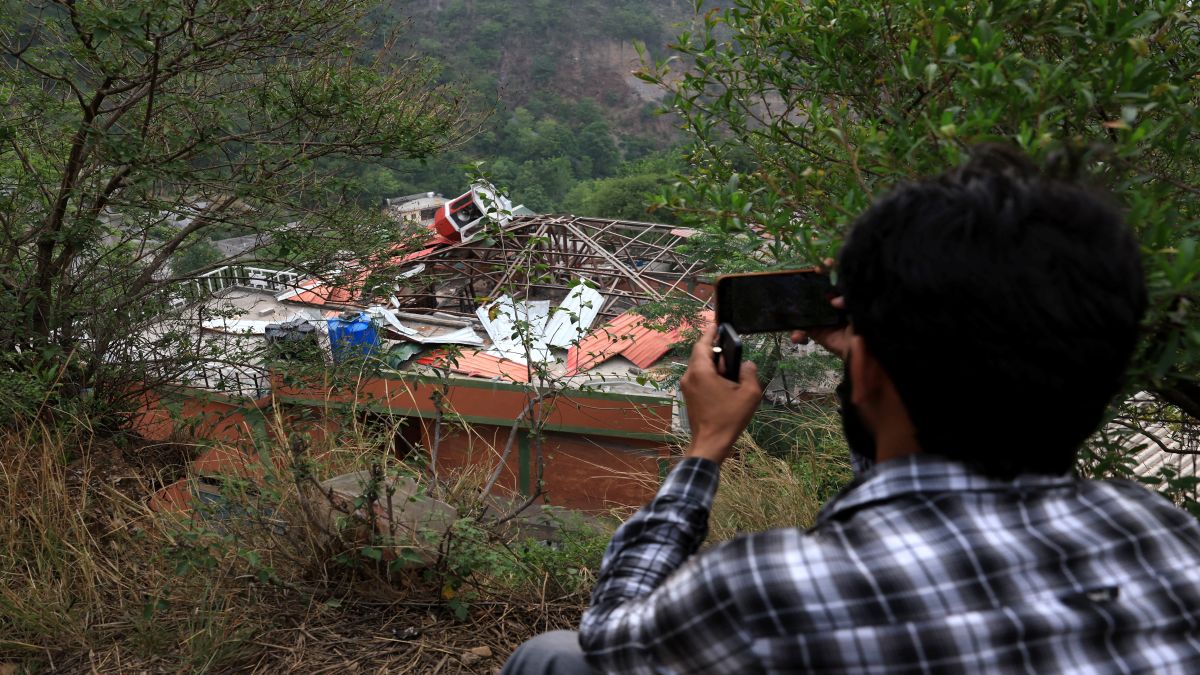Pakistan’s benchmark equity gauge plunged on Wednesday (May 7) following overnight military strikes by India targeting terror infrastructure in Pakistan and Pakistan-occupied Jammu and Kashmir, sending shockwaves through investor sentiment and halting what had been a fragile market recovery.
The KSE-100 Index, which tracks the largest companies listed on the Karachi Stock Exchange, fell as much as 5.7 per cent during intraday trade, its steepest single-day drop since 2021, before paring some of those losses later in the session, Moneycontrol said in a report.
The sharp decline came after Indian armed forces conducted what officials in New Delhi described as “precision, non-escalatory” strikes on cross-border terror camps- actions that rattled Pakistani investors and underscored the country’s geopolitical vulnerability.
In contrast, Indian equity markets remained broadly stable. The BSE Sensex and NSE Nifty 50 opened only marginally lower, reflecting investor confidence in India’s measured military posture and much stronger macroeconomic fundamentals.
Crisis erodes Pakistan’s 2024 gains
The latest market turmoil adds to a broader downward trend. The KSE-100 is now down more than 6 per cent in April, its worst monthly performance since August 2023. The index has shed 1.1 per cent year-to-date, following an 86 per cent surge in 2024 and a 25 per cent gain in 2023—an impressive rally that drew renewed interest from global institutional investors, including BlackRock and Eaton Vance, amid signs of macroeconomic stabilisation.
Until recently, investor sentiment in Pakistan had been improving, buoyed by declining global oil prices, a favourable sovereign credit rating upgrade, and the successful negotiation of a $7 billion International Monetary Fund (IMF) bailout. The country also benefited from a stronger current account position and easing inflationary pressures, further supporting the rally in domestic equities.
But Wednesday’s selloff serves as a reminder of the persistent structural risks facing Pakistan’s economy. Analysts point to a fragile political climate, ongoing fiscal strain, and uncertain external financing as looming threats.


)
)
)
)
)
)
)
)
)